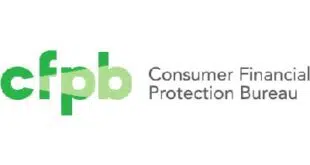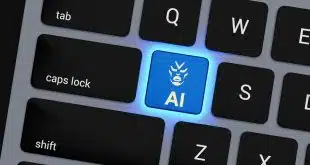By Jim Daly
@DTPaymentNews
For more than six years, most of the debate about the Dodd-Frank Act’s Durbin Amendment has been relatively straightforward. Merchants like Durbin because they pay less in debit card acceptance costs under the amendment’s interchange price cap affecting card issuers with more than $10 billion in assets. And for that same reason, debit card issuers, which receive the interchange merchants pay, don’t like it.
Now that Republicans in the wake of the November 2016 elections control both houses of Congress as well as the White House, there is a distinct possibility that Dodd-Frank, which Republicans have opposed since a then Democratic majority in Congress enacted the sweeping banking-reform law in 2010, could be repealed entirely or altered significantly.
That possibility in turn is stimulating debate within the payments industry about the Durbin Amendment’s more obscure and intricate part, the provision meant to give merchants a choice of at least two networks for routing a debit card purchase transaction.
On Friday, the Financial Services Roundtable, the national lobbying group for big financial institutions, unveiled its 2017 priorities, and these include repealing the Durbin Amendment. The Washington, D.C.-based FSR’s statement says “this distortion of the free market has resulted in no discernable [sic] price reductions, as promised by merchants, for consumers while certain banking services, such as free checking and debit rewards, have been severely curtailed.”
The statement mentioned only the interchange side of Durbin, not the transaction-routing provision. But when queried by Digital Transactions News, the FSR took aim at both of Durbin’s major provisions.
“We support repeal of the entire Durbin Amendment,” Alison Hawkins, the FSR’s vice president of communications,” says by email. “Both the price controls and the manipulation of transaction routing are unnecessary government interventions into the operation of the payments system and negotiations between private parties.”
But not all financial institutions or their networking vendors agree with that sentiment. Johnston, Iowa-based Shazam Inc., a financial-institution-owned debit network and provider of other payment services, including merchant processing, wants to keep the routing requirements.
“We understand why a group like the Financial Services Roundtable would like to see a full repeal of Durbin,” says Patrick Dix, vice president of public relations at Shazam. “They have the ability to negotiate lower costs and face price caps. The routing requirements are a more important issue for financial institutions across the country under $10 billion in assets. They can’t negotiate [network] costs. If that routing requirement went away it would materially harm community banks and credit unions across the country.
“We believe this is not an interchange issue,” Dix continues. “This is a cost issue. The only way to control those costs is to have a choice of networks.”
Network costs borne by financial institutions include fees for chargebacks, reporting, and network connections, according to Dix.
As implemented by the Federal Reserve’s so-called Regulation II, the Durbin Amendment requires every debit card to offer a merchant the choice of at least two unaffiliated debit networks with each transaction. For most U.S. debit cards, that means access to the brand of a global network such as Visa or MasterCard displayed on the front of the card for signature transactions, and an electronic funds transfer network such as Shazam for PIN-based transactions.
While the general public may have some awareness of the interchange controversy thanks to retailers’ campaigns publicizing alleged unfair “swipe fees,” debate about transaction routing has been confined mostly to financial institutions and merchants. Many merchants strongly support the Durbin routing requirements. Wal-Mart Stores Inc., The Home Depot Inc., and The Kroger Co. have sued Visa Inc. or Mastercard Inc. over what they say are network attempts to subvert their routing choices with new EMV chip cards
–With additional reporting by John Stewart





